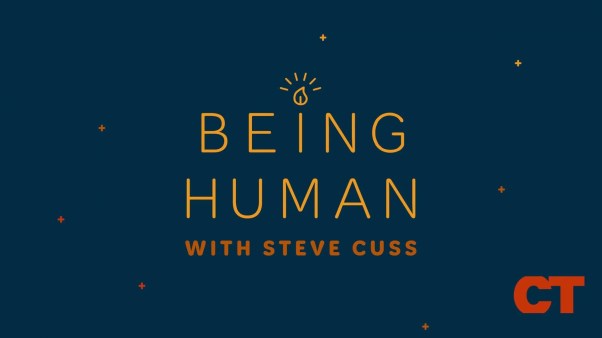Between the Bible and novels there is a gulph fixed which few readers are willing to pass,” Calvinist theologian and Yale president Timothy Dwight wrote in 1796. “The consciousness of virtue, the dignified pleasure of having performed our duty, the serene remembrance of a useful life, the hope of an interest in the Redeemer, and the promise of a glorious inheritance in the favour of God, are never found in novels.”
Dwight was especially concerned by women reading novels, worried that contemporary fiction was too rosy and devoid of “the curse pronounced upon mankind.” A woman prone to reading novels is to be pitied: “Her taste for living has become too refined, too dainty, to relish any thing found in real life.”
As the oversimplified story goes, American Protestant antagonism continued but with decreasing force over the next century until Lew Wallace wrote Ben-Hur in 1880. (The story is about as true as the one about evangelical Protestants avoiding films until The Passion of the Christ. Which is to say: not terribly so.)
When CT launched in the 1950s, its editors were eager to promote Christian fiction. In theory. While a handful of positive novel reviews emerged, they were inevitably couched with laments about the “dreadful dearth … of real literary worth” in other efforts. No complaints about Christian novels making readers “too refined” here. CT’s 1961 list of 100 titles every church library should carry only contained two works of fiction: Wallace’s Ben-Hur and Henryk Sienkiewicz’s Quo Vadis.
By contrast, church libraries these days (especially those relying heavily on donations) seem overwhelmed by Christian novels. At one church library near me, I’d guess that fiction books outnumber nonfiction four to one. Sure, many aren’t “refined” enough. Some remain too “dainty.” But as we note each year in our CT Book Awards and other articles, many invite us to think deeper about “real life.”
As Daniel Silliman notes in this month’s cover story, readers have long found even in the most popular and viral Christian novels the consciousness of virtue, the dignified pleasure of having performed our duty, the serene remembrance of a useful life, the hope of an interest in the Redeemer, and the promise of a glorious inheritance in the favor of God after all.
Meanwhile: We’ve long been passionate about prison ministry and how Christians engage the criminal justice system. Starting with this issue, we’re going to be giving those topics new and deeper attention. Watch for more in our “Law and Mercy” series over the coming months.
Ted Olsen is editorial director of Christianity Today.









